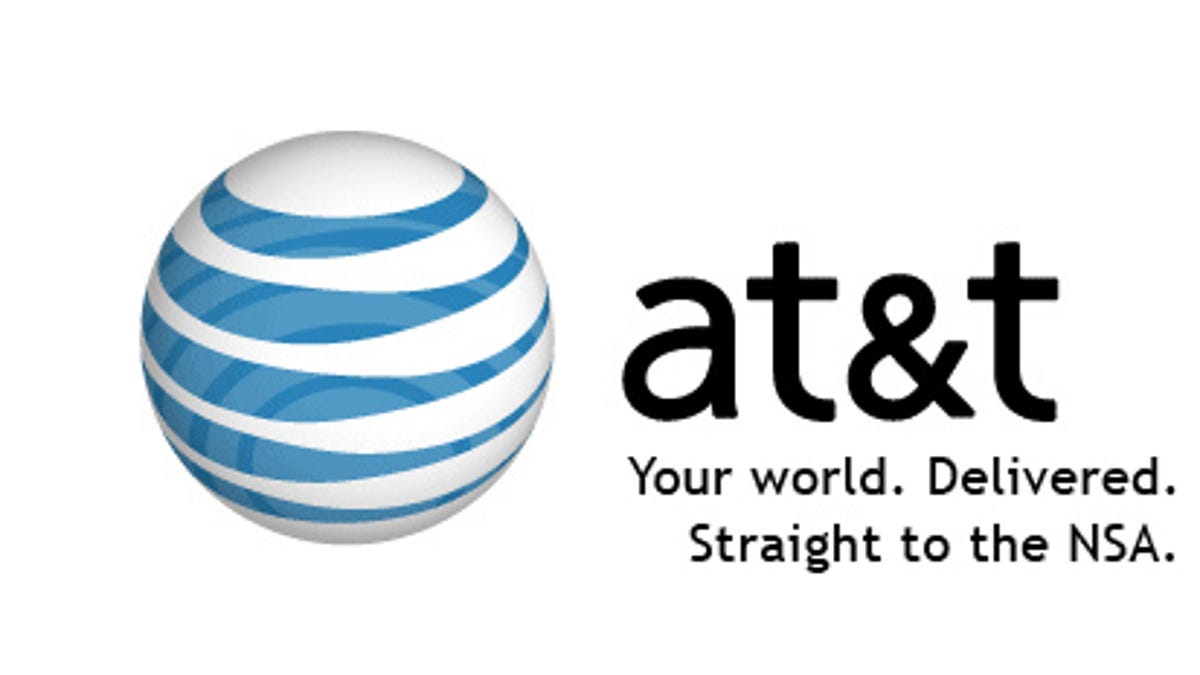Privacy v. Piracy
A recent move by AT&T to scan their throughput traffic for copyright infringement evokes the not-quite-forgotten revelation that the telecom was funneling all it's data through the NSA.

In a June 14th article for AP, Gary Gentile writes, "Although details remain sketchy, the effort worries privacy advocates, who fear the San Antonio-based company could become a beat cop, monitoring which Web sites customers visit and what computer files they share." Like other invasive maneuvers the initiative is apparently focused on those overseas, but who's to say that your own computer wouldn't be flagged for watching the wrong video on You Tube or downloading the latest mix-tape from your favorite hip-hop DJ?
According to the article, James Cicconi at AT&T, claims that those downloading copyright material wouldn't be targeted, but tell that to the youth being sued by the RIAA after downloading music from their favorite artists.
It is not the role of internet service providers to monitor the sites their customers visit. When these companies get into the business of policing what content people can view and what content is flagged then it creates a dangerous precedent. As Gentile points out, if AT&T follows through on this course, then it is all the more likely that other service providers will have little choice but to implement similar measures.
If you're concerned about AT&T looking over your shoulder as you surf the net and monitoring every file you download for copyright violations (and you should be), then call the telecom up and let them know how you feel. As a business, AT&T has decided this approach is best for the bottom line, but if enough customer's voice their concerns about their privacy then perhaps the company may shift gears and develop a program that isn't so Orwellian in nature.